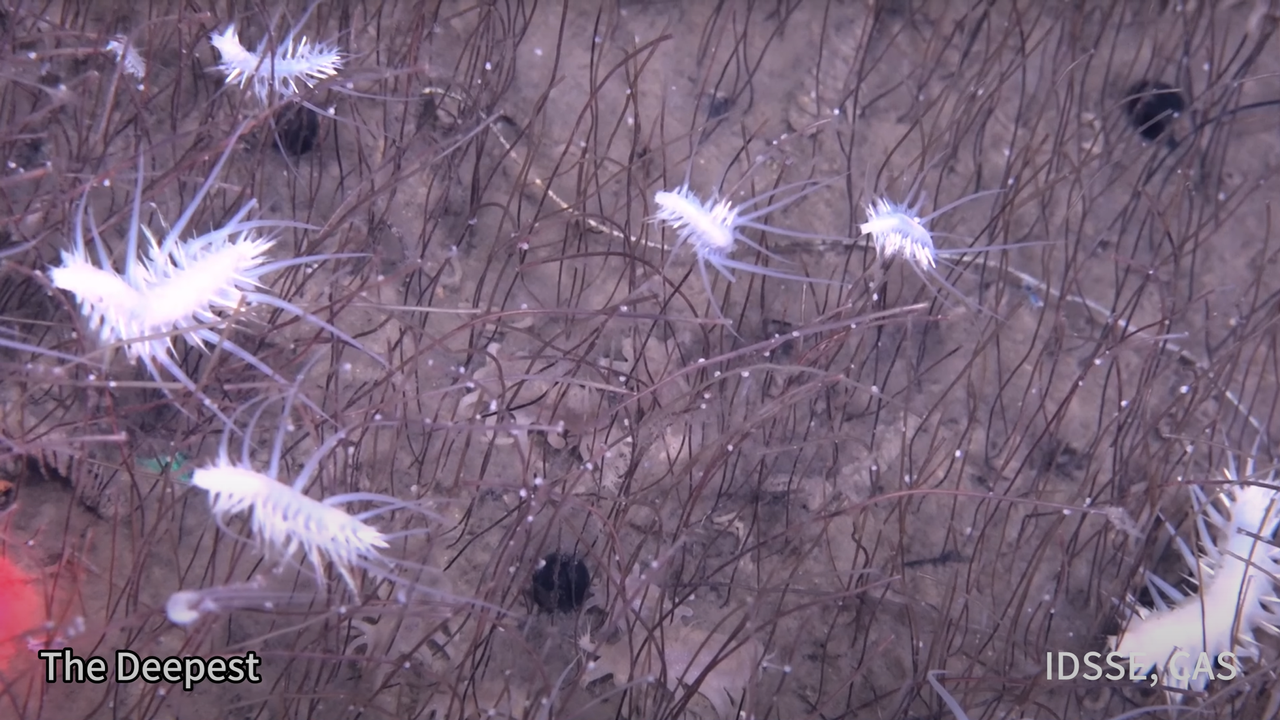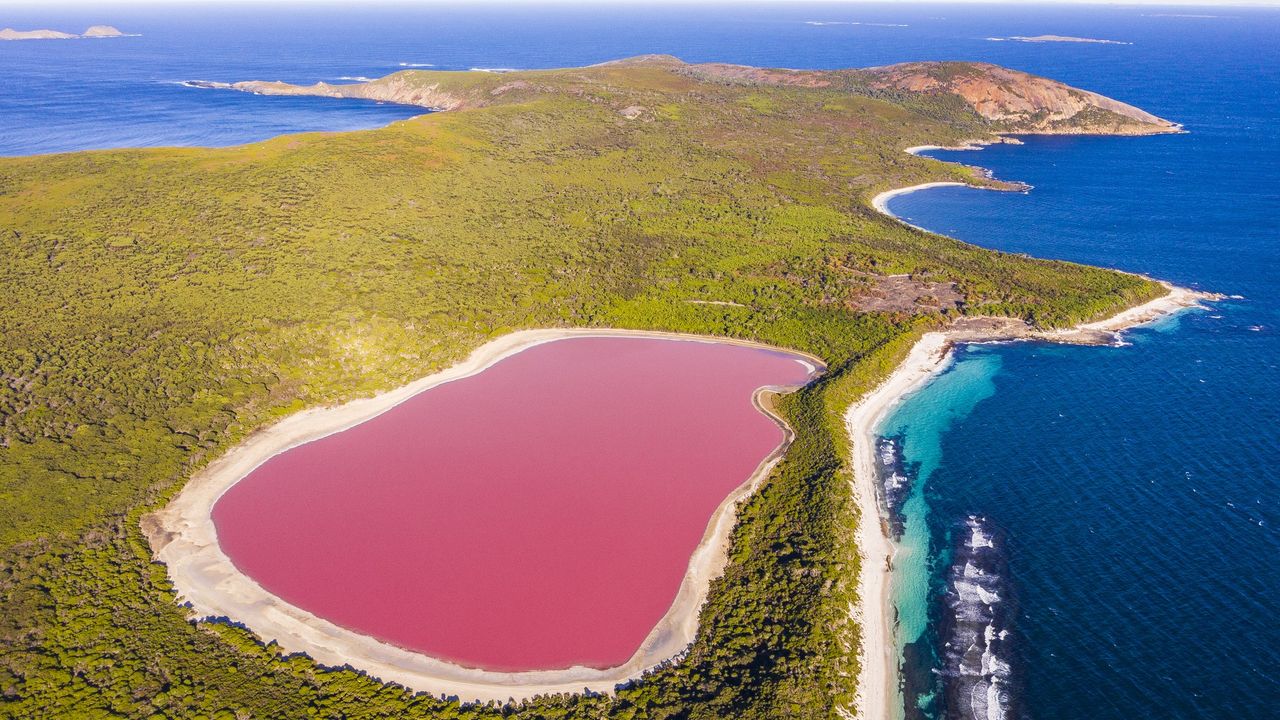Now Reading: Rare Footage Reveals Unusual Sea Creatures Thriving in Ocean Depths
-
01
Rare Footage Reveals Unusual Sea Creatures Thriving in Ocean Depths
Rare Footage Reveals Unusual Sea Creatures Thriving in Ocean Depths

Rapid summary
- Researchers have discovered thriving communities of unique sea creatures at depths of up to 31,000 feet (9,500 meters) in the northwest Pacific Ocean’s hadal trenches.
- The creatures survive extreme conditions with high pressure and darkness, relying on chemical reactions (chemosynthesis) for energy instead of sunlight.
- These alien-like organisms include marine tubeworms called siboglinid polychaetes and mollusks known as bivalves.
- The life forms obtain energy from hydrogen sulfide and methane leaking from faults in tectonic plates within geologically active trench regions.
- Manned submersible Fendouzhe was used to explore these environments during a study led by Chinese ocean researchers across Kuril-Kamchatka and Aleutian trenches.
- Findings suggest chemosynthetic life may be more widespread than previously thought; most deep-ocean regions remain unexplored, with only 0.001% studied so far by humans.
!Researchers used the manned submersible Fendouzhe to reach the trenches
!Tube-dwelling polychaetes at Aleutian Trench filmed 6870 m deep
Indian opinion analysis
India’s initiatives in oceanographic research could benefit considerably from findings like these as they provide insight into undiscovered ecological systems powered through chemosynthesis rather than sunlight-based photosynthesis-key areas for biodiversity studies and biotechnology innovation. With existing investments into projects like Deep Ocean Mission, India might leverage such breakthroughs to bolster understanding of trench ecosystems within its maritime domain or beyond.The research also underscores humanity’s limited exploration (<0.001%) of deep-sea zones globally-a reminder that India's vast Exclusive Economic Zone remains ripe for study amid rising interest in sustainable marine resource development under policies such as India's Blue Economy ambitions. This discovery drives home the importance of interdisciplinary collaboration across geology, biology, and technology-critical values India can reflect within international dialogues on deep-sea preservation alongside expansion into practical applications like renewable fuels or bioengineering inspired by extremophile organisms thriving under extreme conditions worldwide.






















